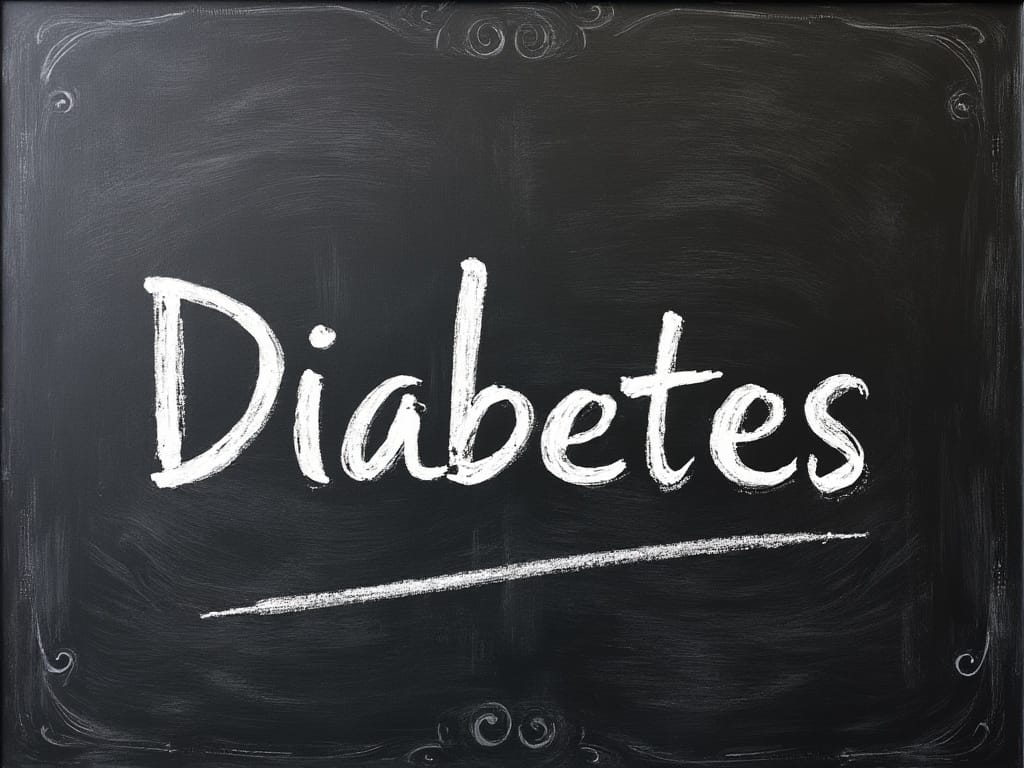Diabetes is a chronic condition that affects how your body turns food into energy. There are several types of diabetes, each with distinct causes, symptoms, and treatment strategies. Here, we explore the main types of diabetes recognized today and delve into how they're managed in the UK.
Type 1 Diabetes
Type 1 diabetes is an autoimmune condition where the body's immune system attacks insulin-producing cells in the pancreas. This results in little or no insulin production, a hormone essential for allowing glucose to enter cells and be used for energy.
Symptoms:
- Increased thirst and urination
- Extreme hunger
- Unexplained weight loss
- Fatigue
- Blurred vision
Treatment:
- Insulin Therapy: Since the body can't produce insulin, daily insulin injections or the use of an insulin pump are necessary. There are various types of insulin, including rapid-acting, long-acting, and intermediate options, which are tailored to individual needs.
- Blood Glucose Monitoring: Regular monitoring to manage blood sugar levels effectively.
- Diet and Exercise: A balanced diet and regular physical activity help stabilize blood sugar levels.
Type 2 Diabetes
This is the most common form, where the body either resists the effects of insulin or doesn't produce enough insulin to maintain normal glucose levels. It's often associated with obesity, family history, and lifestyle factors.
Symptoms:
- Similar to Type 1 but often less severe; some might not experience symptoms until complications arise.
Treatment:
- Lifestyle Changes: Diet control, weight loss, and increased physical activity are first-line treatments.
- Oral Medications: Metformin is commonly prescribed, which helps reduce glucose production in the liver. Other medications might include sulfonylureas, DPP-4 inhibitors, or SGLT2 inhibitors.
- Insulin: If oral medications fail, insulin might be introduced.
- Blood Glucose Monitoring: Less intensive than in Type 1 but still crucial for management.
Gestational Diabetes
This type occurs during pregnancy when the body can't produce enough insulin to meet increased needs. It usually resolves after childbirth but increases the risk of developing Type 2 diabetes later.
Symptoms:
- Often asymptomatic; detected through routine screening.
Treatment:
- Diet and Exercise: Key focus is on controlling blood sugar through diet and physical activity.
- Monitoring: Regular blood sugar checks.
- Medication: If diet and exercise aren't sufficient, insulin or oral hypoglycaemic agents might be used, but this is less common.
Other Types
- Monogenic Diabetes: Includes conditions like Maturity Onset Diabetes of the Young (MODY), which are caused by genetic defects. Treatment varies but often involves oral medications or insulin.
- Secondary Diabetes: Due to other conditions or medications that impair insulin production or action, like cystic fibrosis or after pancreas surgery. Treatment targets the underlying cause along with diabetes management.
General Treatment Considerations:
- Education: Diabetes education is crucial for all types, teaching patients how to manage their condition.
- Technology: Use of continuous glucose monitors (CGM) and apps for better control.
- Mental Health: Support for dealing with the psychological impact of managing a chronic condition.
- Regular Check-ups: To monitor for complications like eye disease, kidney damage, or cardiovascular issues.
In the UK, treatment approaches are individualised, taking into account the patient's age, lifestyle, other health conditions, and personal circumstances. The NHS provides comprehensive care, including access to specialists, diabetes educators, and support groups, aiming to empower individuals to manage their diabetes effectively.
Understanding the differences between these types of diabetes not only helps in managing the disease but also in preventing its complications, leading to a better quality of life. If you or someone you know is dealing with diabetes, seeking tailored advice from healthcare professionals is essential.

Member discussion: